7 spring cleaning tips for sustainability
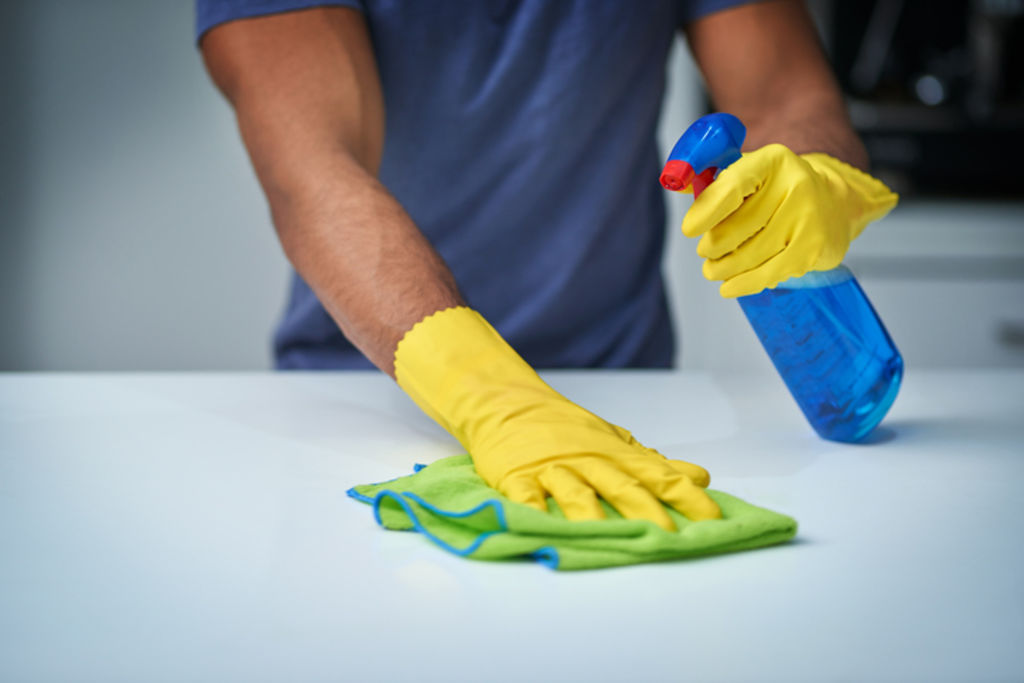
We’re all for a good declutter to start the new season with a clear mindset and an organised household, but why not step up your spring cleaning regime to make your home better for your health, sanity and the environment?
These tips will save you time and money while bringing an eco-friendly ethos to your clean-up routine.
1. Downsize and minimise
One of the quickest ways to lighten your eco-footprint is by reducing the amount (and size) of items you own. This includes your home, car, furniture, clothing and anything else that takes up space and requires ongoing maintenance.
A smaller house with fewer possessions means less heating and less cleaning, making space to appreciate the things you really love. Reducing your consumption also means repairing items wherever possible and getting creative with what you already have.
2. Recycle responsibly
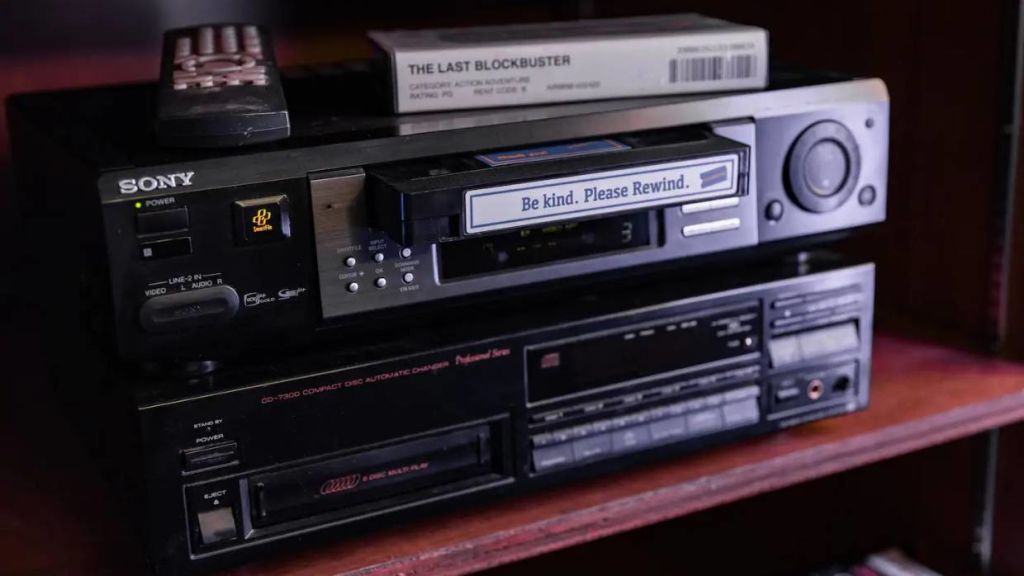
Electronic waste (e-waste) is one of the worst offenders when it comes to improper disposal, so read up on recycling rules in your neighbourhood before tossing out that broken printer.
Australia-wide initiatives aimed at recycling e-waste include Mobile Muster and TechCollect. Batteries also don’t belong in the kerbside bin and should be dropped at a dedicated battery bin like the ones offered at Aldi stores. For more information on where to recycle electronics and other goods, visit Recycling Near You.
3. Conduct an energy audit

Take a look at your appliances – when was the last time they were replaced? Older appliances, or those that are due for maintenance, might not be very energy-efficient. If you decide to replace them, check the energy star rating before making a purchase.
Now is a good time to consider adding energy-efficient features to your home such as a solar hot water system and additional insulation. Two quick tips – reduce paper waste by moving to electronic bills, and swap to LED bulbs which last longer than regular lighting.
4. Switch to natural cleaning products
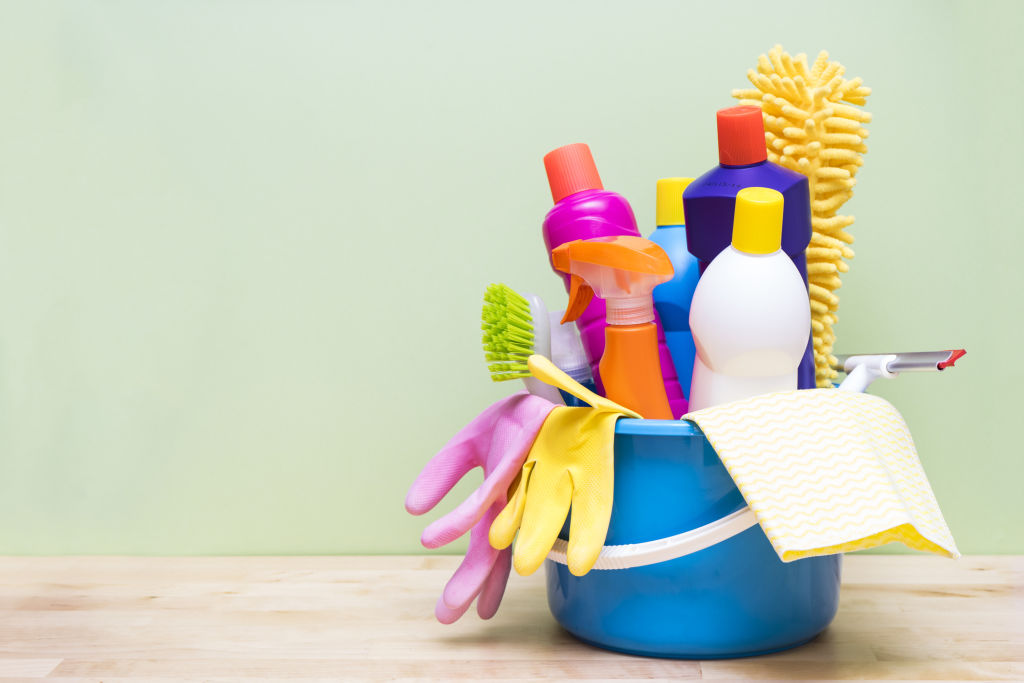
Toss chemical-laden products in favour of natural alternatives that won’t harm your health or the environment. There are actually a handful of households items that can tackle many cleaning tasks – white vinegar is tough on bacteria and mildew, lemon juice helps break down soap scum and baking soda is a hard-working all-rounder.
Keep a selection of essential oils on hand such as tea tree, lime, orange and peppermint to eliminate the need for synthetic air fresheners, and reach for a reusable wash cloth over paper towels.
5. Set up a compost system
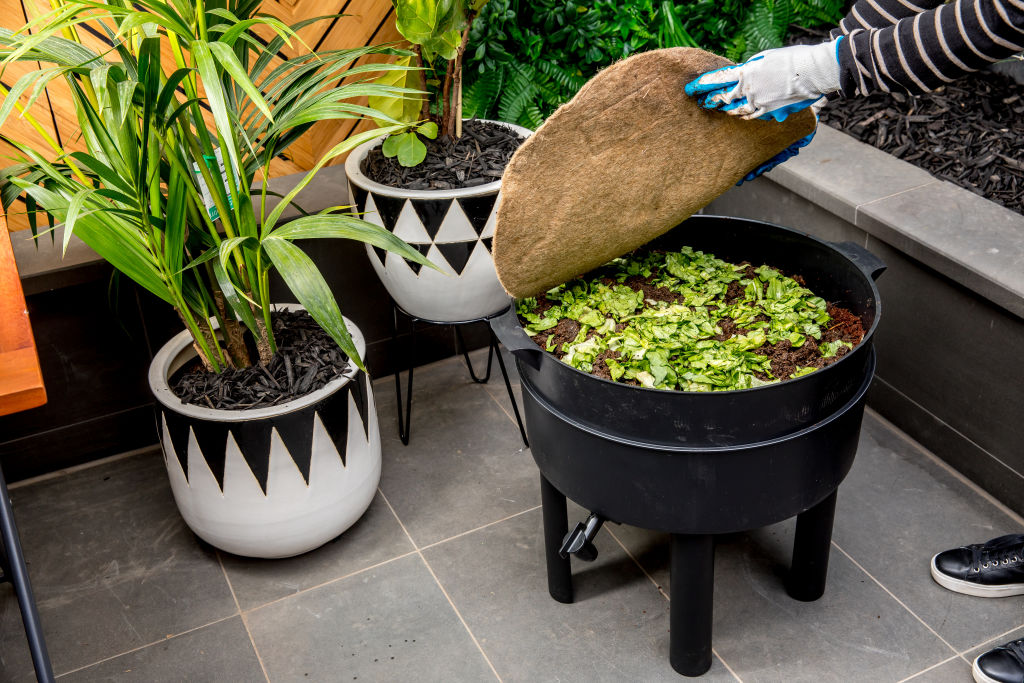
Composting is an excellent way to manage household waste, and you don’t need a back yard to reap the rewards – there are plenty of neat and tidy bin options available.
Once you find the right balance of carbon (brown waste such as cardboard and straw) and nitrogen (green waste including coffee beans and food scraps), you’ll have some supercharged soil year-round to use on your plants or pass on to a green-thumbed friend.
6. Wash in cold water
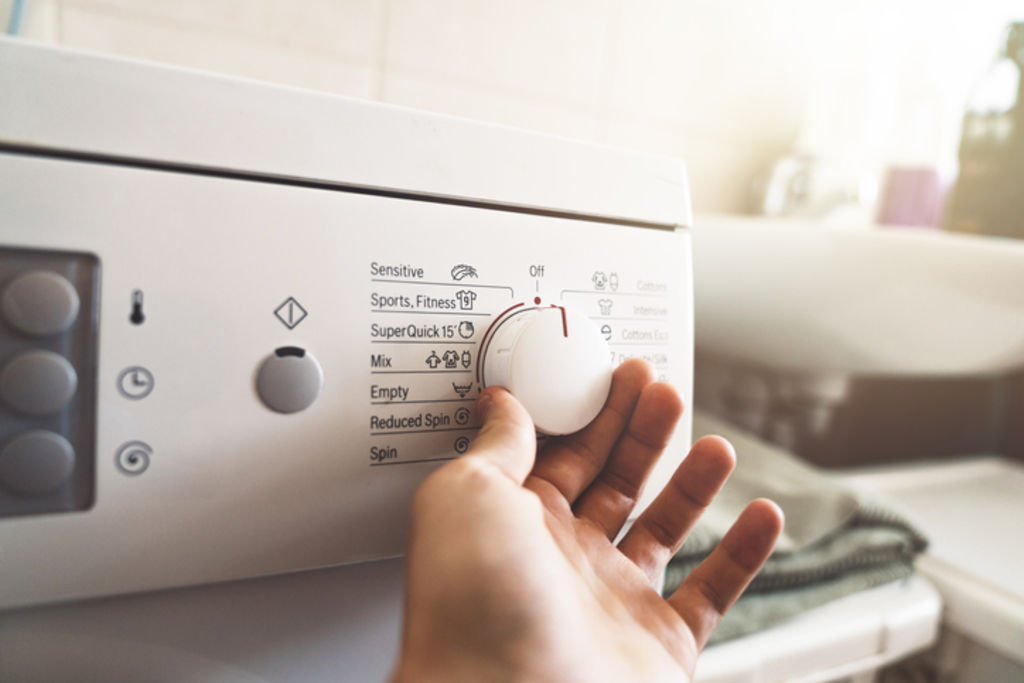
An end-of-winter refresh inevitably comes with loads of laundry, whether you’re packing away woollies or cleaning the curtains. Select a cold cycle – around 90 per cent of your washing machine’s energy use comes from heating – which is gentler on both the planet and your fabrics.
Avoid the dryer whenever possible, especially if you’re lucky enough to enjoy some spring sunshine in your home or back yard. Other eco tips – fix that leaky faucet, and replace your shower-head with a more water-efficient option.
7. Give your unwanted goods a second life

Being left with a big throw-out pile doesn’t necessarily mean a visit to the tip – there are plenty of places where you can sell or donate pre-loved items. eBay is a great place to start, while Gumtree and Facebook Marketplace are ideal for making some extra cash on larger items that can’t be posted.
Anything else that is still in good condition can be donated to your local charity store, including clothing, books and bric-a-brac. Call ahead if you’re donating furniture or white goods as many offer home collections.
We recommend
We thought you might like
States
Capital Cities
Capital Cities - Rentals
Popular Areas
Allhomes
More










